Is Britain a credible military power?
Armed Forces face acute funding and recruitment challenges as US general warns that British Army is 'not what it used to be'

A free daily email with the biggest news stories of the day – and the best features from TheWeek.com
You are now subscribed
Your newsletter sign-up was successful
Britain's shrinking army is "not what it used to be", a top US general has warned, as the UK’s Armed Forces face a funding, procurement and personnel crisis.
The UK has taken the lead – along with the US – in conducting military action against Houthi rebels in Yemen, with Rishi Sunak authorising RAF air strikes last night for the second time in two weeks. This fits with Britain's vision of itself as a "tier one" military power, loosely defined as having a full spectrum of capabilities, including a nuclear deterrent and a navy, army and air Force capable of being deployed anywhere in the world.
But even the UK's closest allies see this as fantasy, with a senior US general telling the then defence secretary Ben Wallace in 2022 that Britain was "barely tier two", according to Sky News.
The Week
Escape your echo chamber. Get the facts behind the news, plus analysis from multiple perspectives.

Sign up for The Week's Free Newsletters
From our morning news briefing to a weekly Good News Newsletter, get the best of The Week delivered directly to your inbox.
From our morning news briefing to a weekly Good News Newsletter, get the best of The Week delivered directly to your inbox.
What the papers said
The number of British Army combat troops has dropped from 104,000 at the height of wars in Iraq and Afghanistan 15 years ago to around 74,000 today, and it is continuing to fall. Analysis by The Times found that at the current rate of loss, the number of regular soldiers will fall to 67,741 by 2026, a drop of 40% since 2010.
Alarm about the declining size of Britain's Armed Forces is far from new but it has been given added impetus by a warning from Defence Secretary Grant Shapps. He said over the weekend that the world could be engulfed by wars involving China, Russia, North Korea and Iran in the next five years, "raising concerns about the UK's military capability and how much was being spent on defence", reported Sky News.
Last week a top Nato official told its members that they must prepare for all-out war with Russia within the next 10 to 20 years. But while eastern European countries – led by Poland – is "rearming, reinvesting, and recruiting at scale" because they understand the "nature of the threat and the old Cold War maxim that mass has its own quality", here in Britain we are continuing this "bizarre and chaotic hollowing out of our once revered military" warned Robert Clark, director of defence and security at the Civitas think tank, in The Telegraph.
Government spending on defence, delays to procurement – which has effectively grounded two of the Royal Navy's multibillion-pound aircraft carriers at a time when they are desperately needed – and the quality of equipment are all major issues, along with a long-running "recruitment and retention crisis", said John Healey, the shadow defence secretary.
A free daily email with the biggest news stories of the day – and the best features from TheWeek.com
Morale is at an all-time low, said Clark in The Telegraph, while the Army has failed to meet targets for new recruits every year for the past decade, since outsourcing firm Capita won the contract to oversee recruitment, according to The Times. Despite this Capita has been awarded business worth more than £1.1 billion over this period and had its contract extended from 2022.
What next?
Shapps announced this month that he is launching a new offensive to enlist more women into Britain's military in a bid to tackle the recruitment crisis.
The debate over the British Army's strength matters because the UK – and the West in general – finds itself facing a growing number of potential conflicts around the world, led by increasingly emboldened foreign state actors such as Russia, China and Iran.
"Parallels with the 1930s should not be dismissed as a historical indulgence," said former chief of the general staff Lord Dannatt in The Times. When Shapps recently declared that "we are moving 'from a postwar to a prewar world', a shiver should have gone down our collective spine", said Dannatt.
The "woeful state" of our armed forces in the mid-1930s failed to deter Hitler or prevent the Second World War and the Holocaust, he said, adding that "there is a serious danger of history repeating itself" today.
Elliott Goat is a freelance writer at The Week Digital. A winner of The Independent's Wyn Harness Award, he has been a journalist for over a decade with a focus on human rights, disinformation and elections. He is co-founder and director of Brussels-based investigative NGO Unhack Democracy, which works to support electoral integrity across Europe. A Winston Churchill Memorial Trust Fellow focusing on unions and the Future of Work, Elliott is a founding member of the RSA's Good Work Guild and a contributor to the International State Crime Initiative, an interdisciplinary forum for research, reportage and training on state violence and corruption.
-
 Tourangelle-style pork with prunes recipe
Tourangelle-style pork with prunes recipeThe Week Recommends This traditional, rustic dish is a French classic
-
 The Epstein files: glimpses of a deeply disturbing world
The Epstein files: glimpses of a deeply disturbing worldIn the Spotlight Trove of released documents paint a picture of depravity and privilege in which men hold the cards, and women are powerless or peripheral
-
 Jeff Bezos: cutting the legs off The Washington Post
Jeff Bezos: cutting the legs off The Washington PostIn the Spotlight A stalwart of American journalism is a shadow of itself after swingeing cuts by its billionaire owner
-
 Israel's wars: is an end in sight – or is this just the beginning?
Israel's wars: is an end in sight – or is this just the beginning?Today's Big Question Lack of wider strategic vision points to 'sustained low-intensity war' on multiple fronts
-
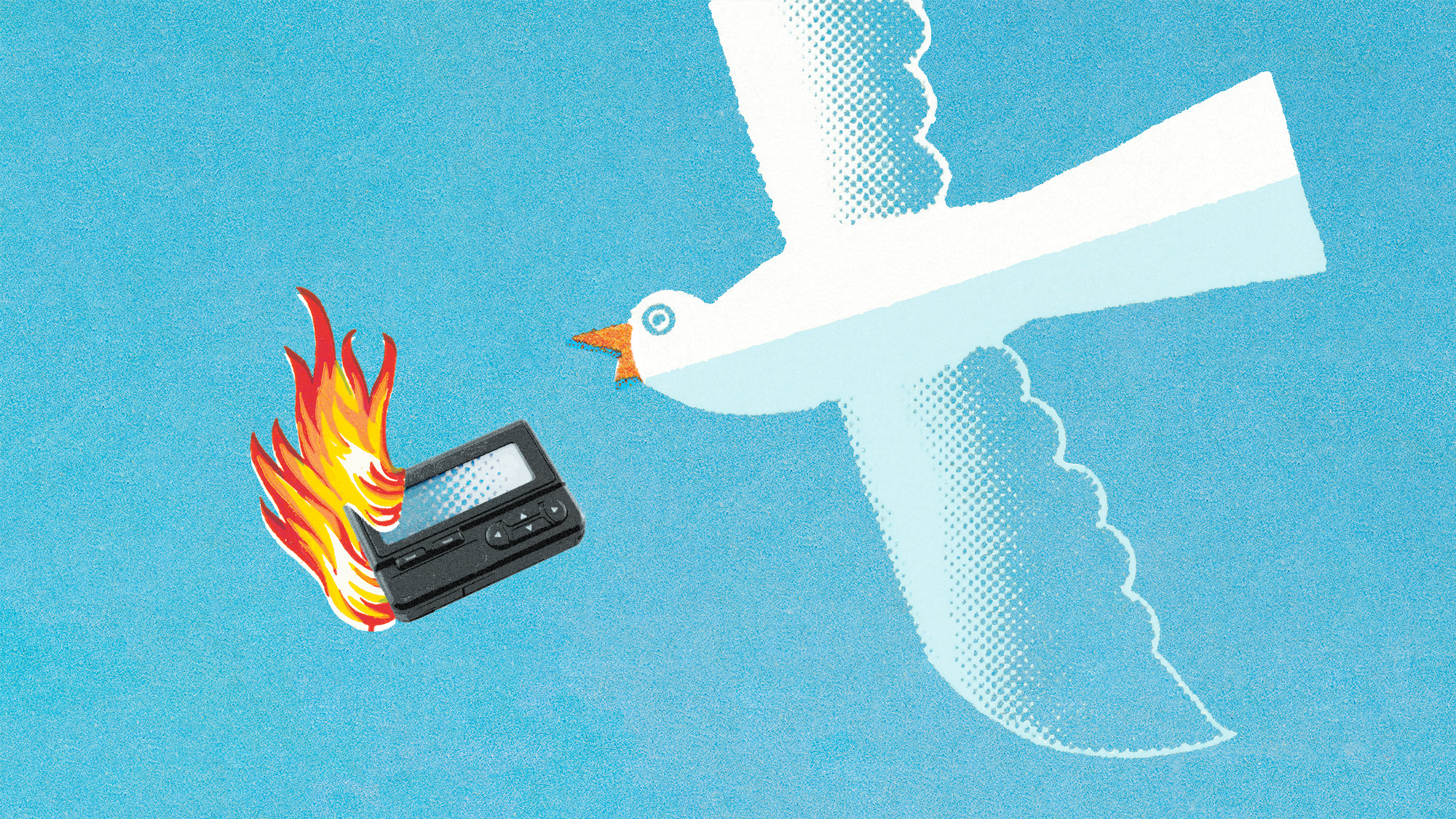 Middle East crisis: is there really a diplomatic path forward?
Middle East crisis: is there really a diplomatic path forward?Today's Big Question Recent escalation between Israel and Hezbollah might have dented US influence in the conflict
-
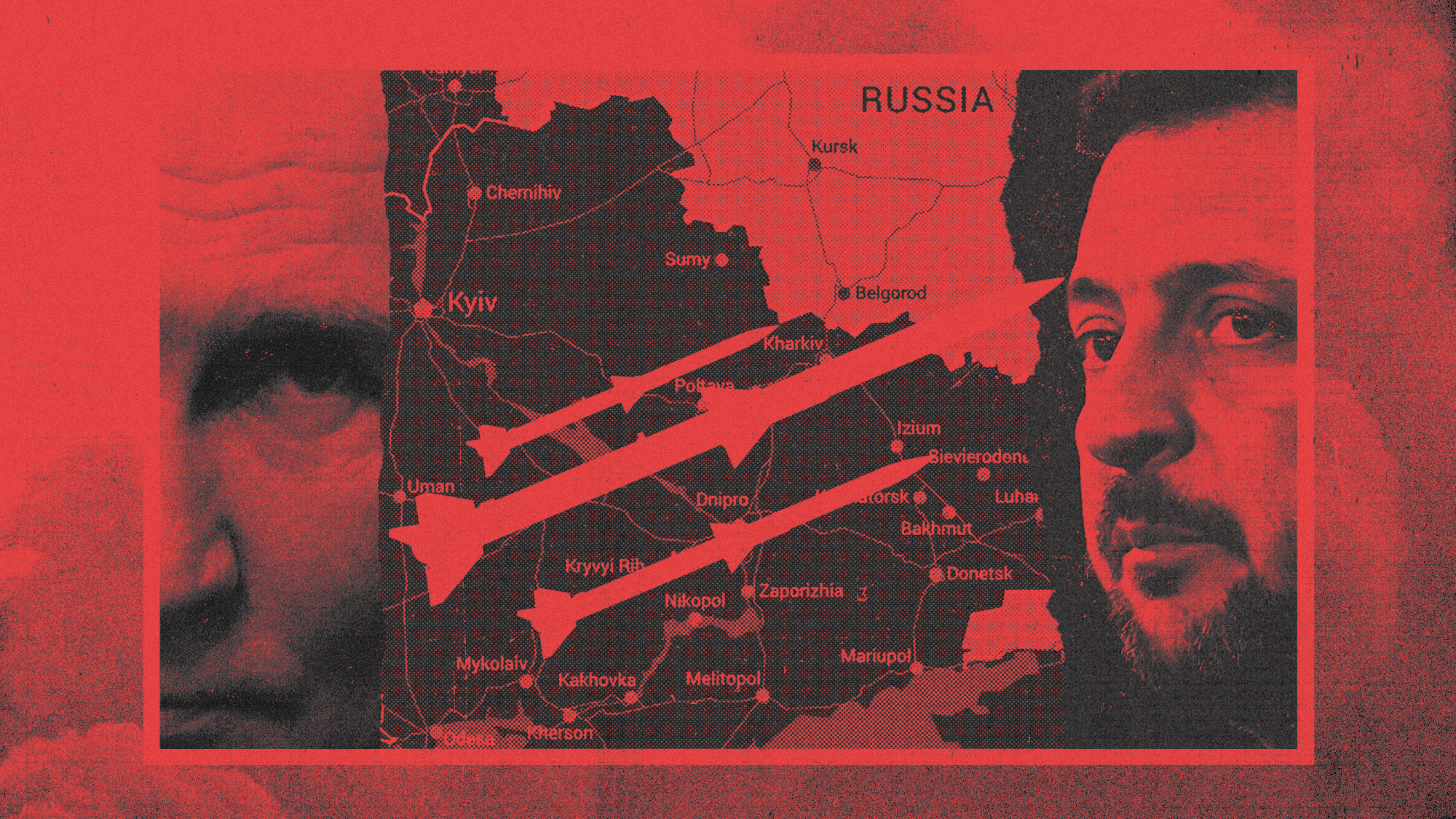 Missile escalation: will long-range rockets make a difference to Ukraine?
Missile escalation: will long-range rockets make a difference to Ukraine?Today's Big Question Kyiv is hoping for permission to use US missiles to strike deep into Russian territory
-
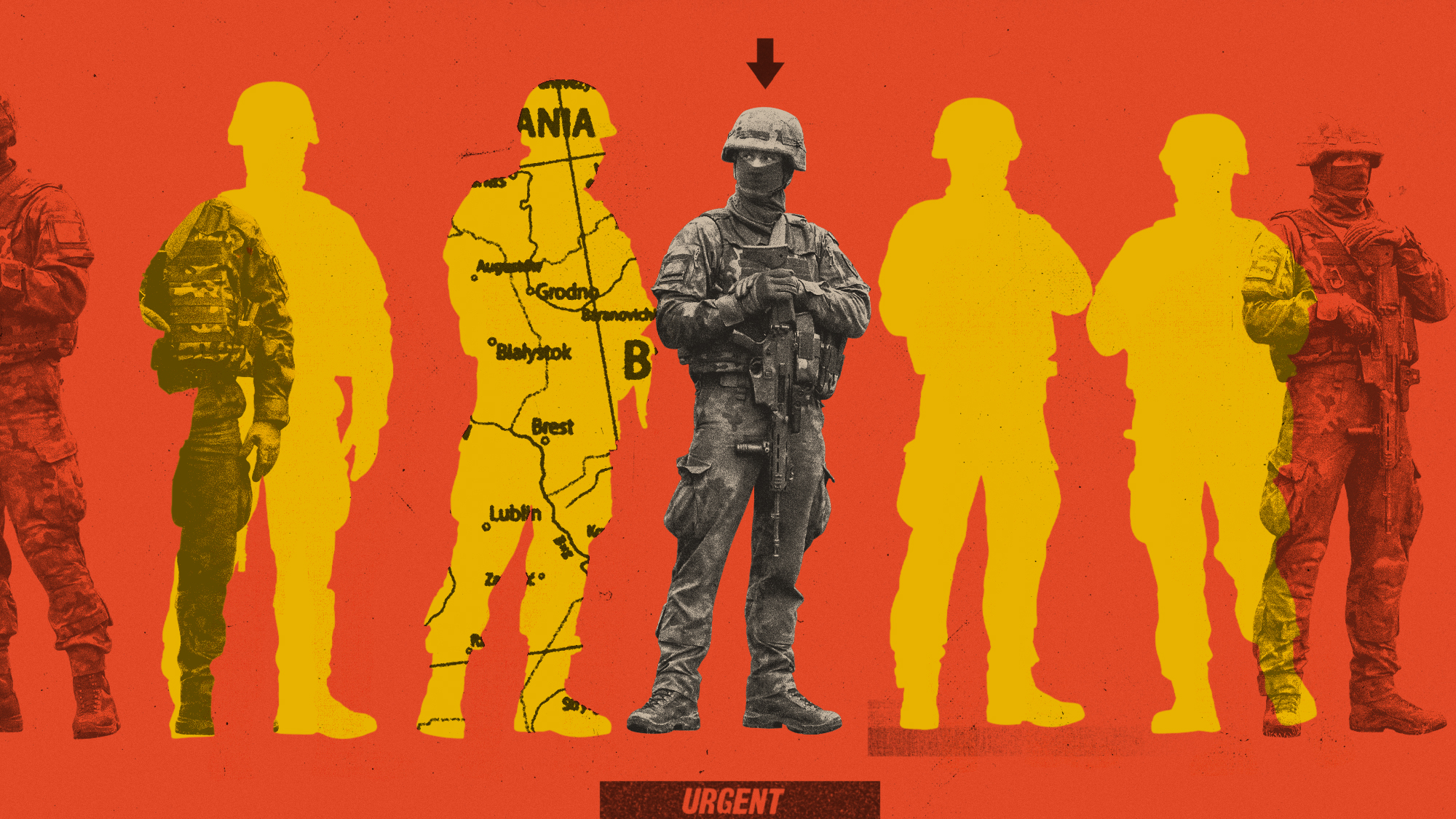 Who would fight Europe's war against Russia?
Who would fight Europe's war against Russia?Today's Big Question Western armies are struggling to recruit and retain soldiers amid fears Moscow's war in Ukraine may spread across Europe
-
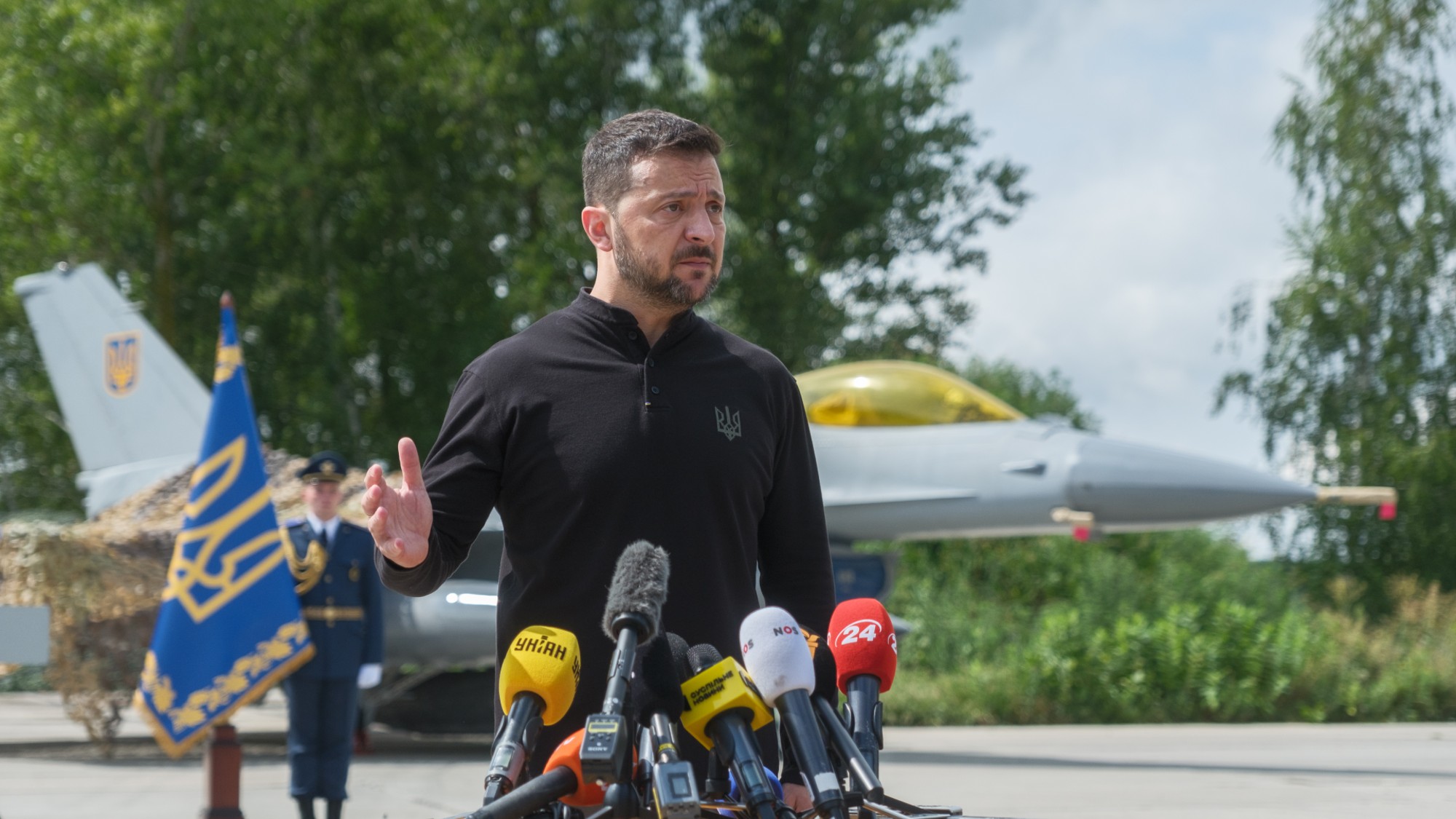 Are Ukraine's F-16 fighter jets too little too late?
Are Ukraine's F-16 fighter jets too little too late?Today's Big Question US-made aircraft are 'significant improvement' on Soviet-era weaponry but long delay and lack of trained pilots could undo advantage against Russia
-
 Hamas and Hezbollah strikes: what does it mean for Israel?
Hamas and Hezbollah strikes: what does it mean for Israel?Today's Big Question Iran vows revenge for death of Hamas political leader in Tehran, hours after Israeli strike kills top Hezbollah member in Beirut
-
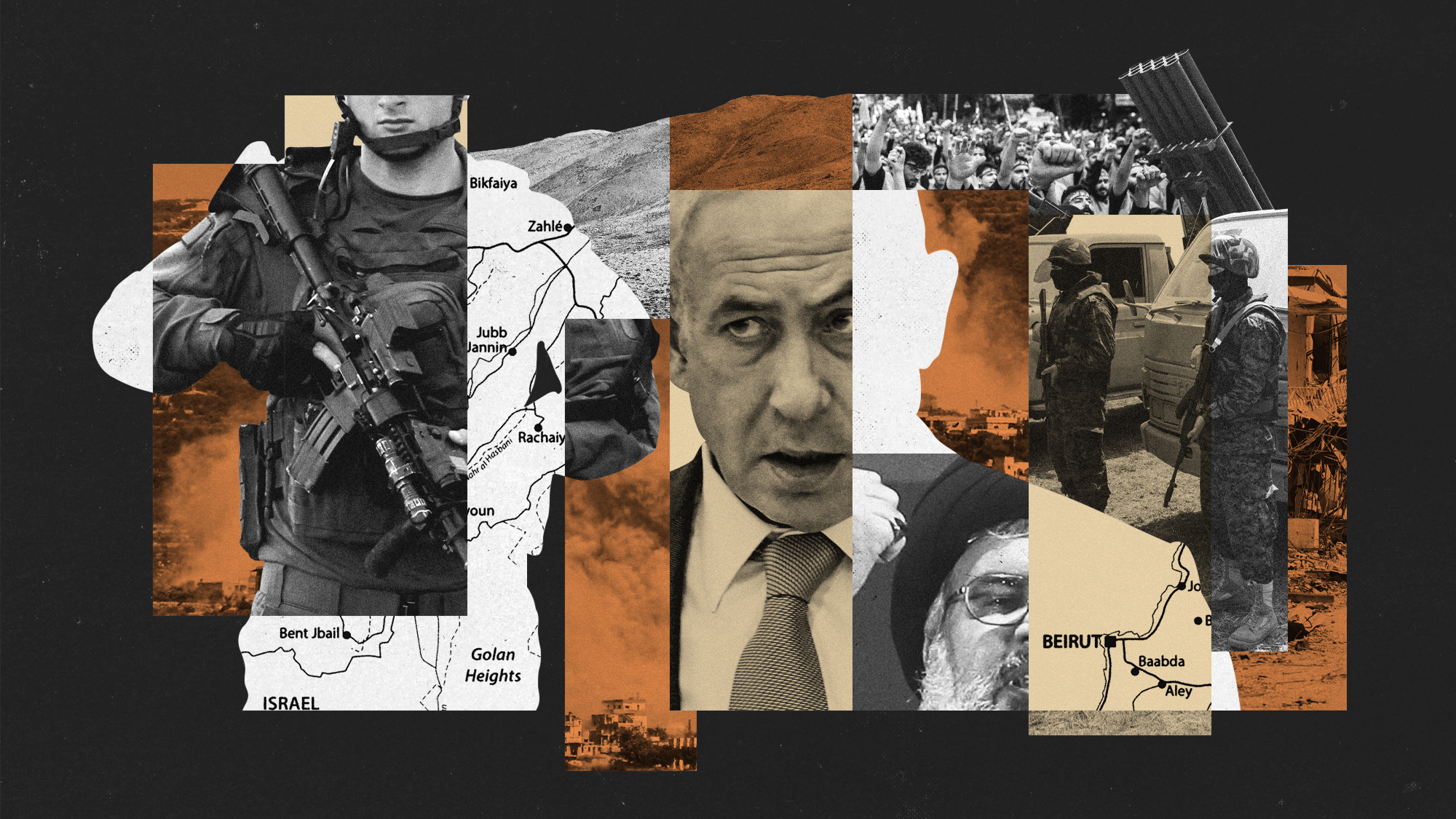 What would war between Israel and Hezbollah look like?
What would war between Israel and Hezbollah look like?Today's Big Question A conflict that neither side wants could cause devastation and spark direct US-Iran confrontation
-
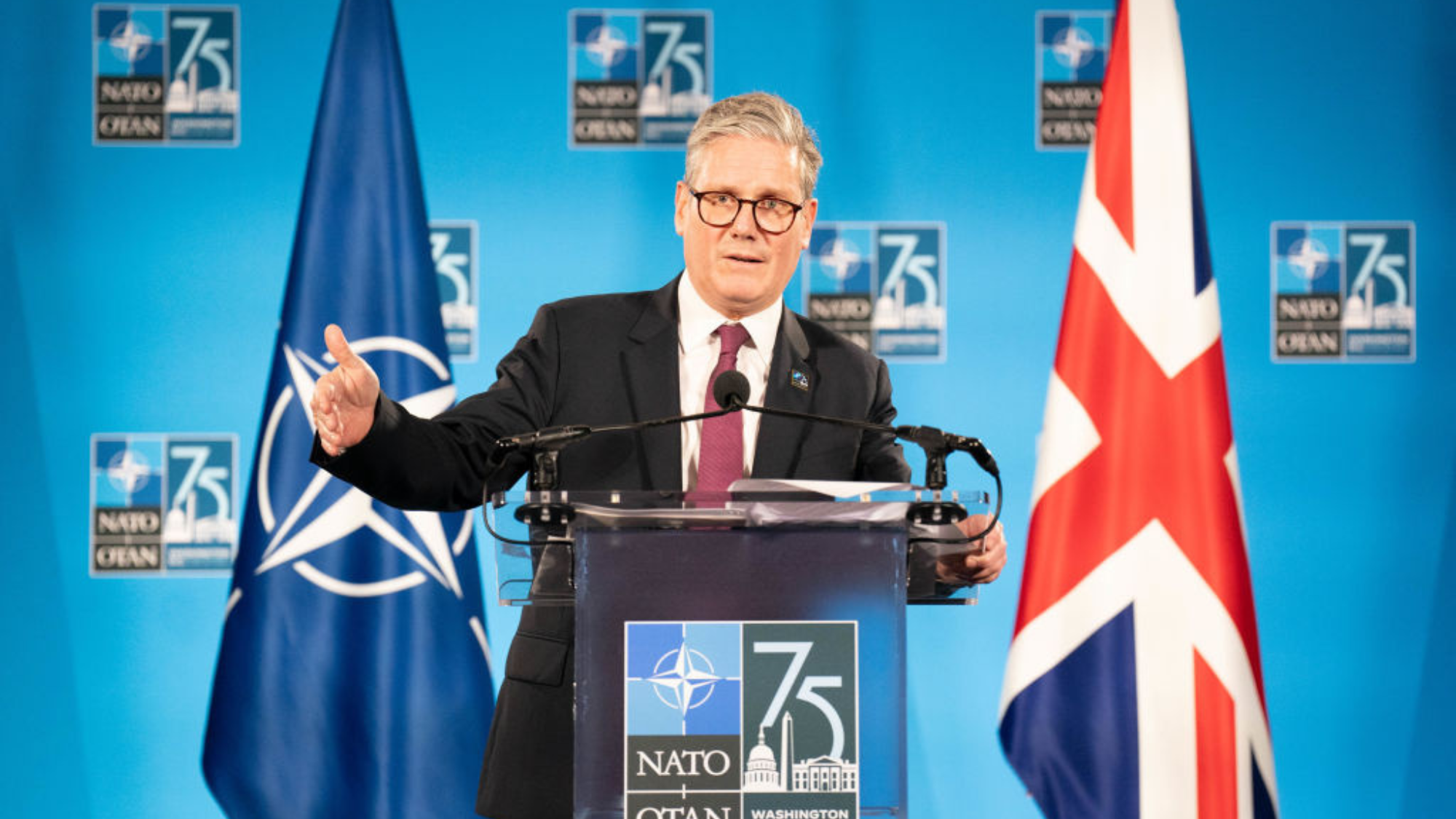 British defence: the crisis in the Armed Forces
British defence: the crisis in the Armed ForcesTalking Point Depleted military power may not be able to meet its own commitment to up defence spending to 2.5%